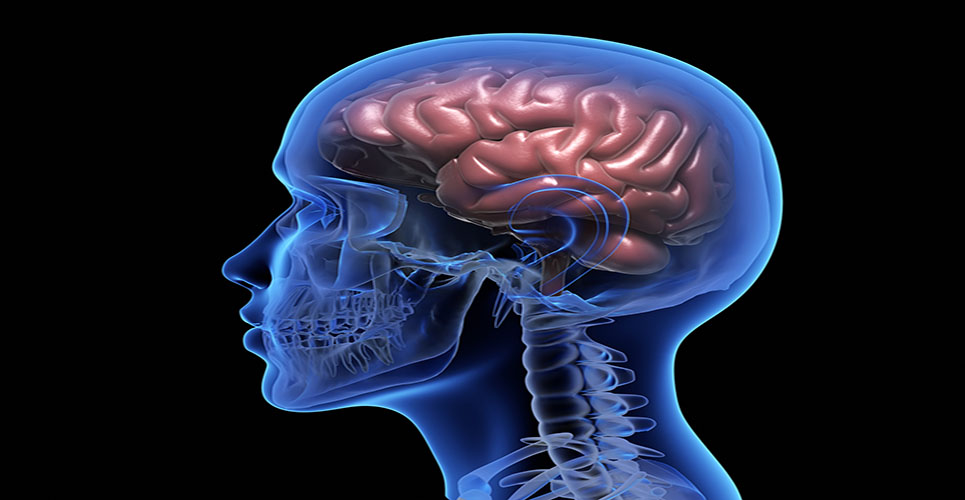teaser
By Steve Dew-Jones
Zebinix® (eslicarbazepine acetate) can significantly reduce adverse events in anti-epilepsy treatment, Professor Eugen Trinka told Hospital Pharmacy Europe at the International Epilepsy Congress in Rome, Italy.
Professor Trinka, Head of Neurology at the Christian Doppler Klinik in Salzburg, Austria, is the principal investigator of a Phase III, non-inferiority trial comparing eslicarbazepine acetate (ESL) to carbamazepine (CBZ), which has long been the monotherapy of choice.
The study, which will end in 2013, is seeking to compare the efficacy and tolerability of the two drugs in 900 patients with partial-onset seizures.
“None of the new drugs has ever beaten carbamazepine in terms of seizure freedom,” said Professor Trinka, “but [carbamazepine] has long-term chronic effects.”
Typical side effects include: reduced sexual hormones and Vitamin D levels, liver malfunctions and various problems with the central nervous system – all of which Professor Trinka believes can be significantly reduced with ESL.
“It is highly likely that [ESL] is at least as efficacious as carbamazepine, without showing these typical carbamazepine adverse events – at least not to the same extent,” he said. “That is the one point which is probably for sure.
“The positive adverse effect profile [of Zebinix] is known from the add-on trials and one can expect an even a better result in monotherapy.”
Zebinix is currently licensed as an adjunctive therapy in partial onset seizures in all the countries of the European Union. This study will challenge the idea that carbamazepine alone should be the monotherapy of choice.
International Epilepsy Congress

